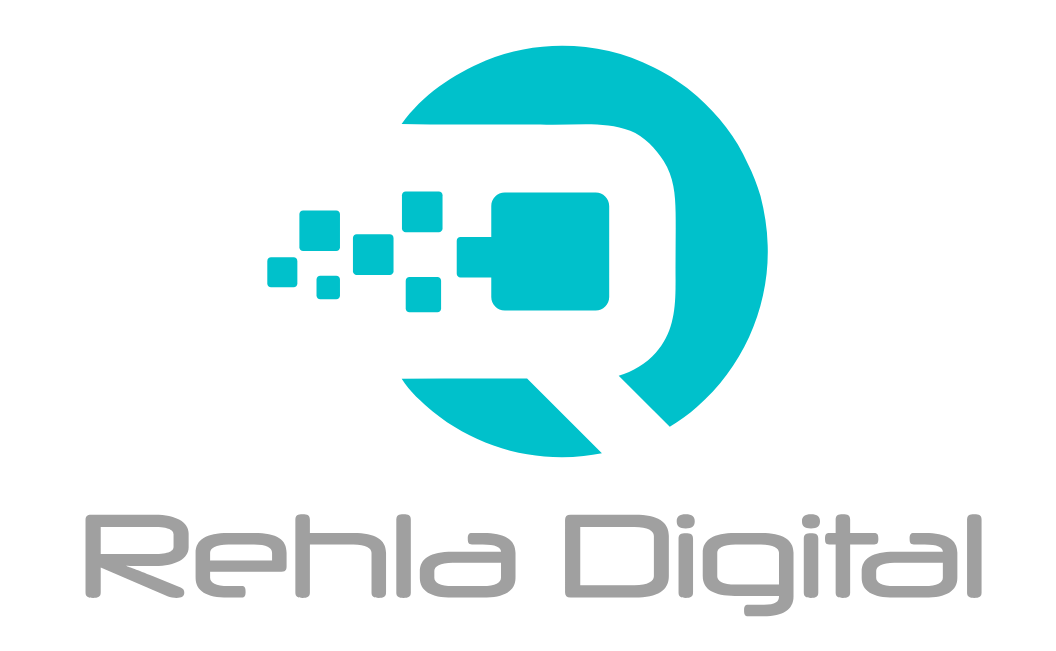How to Optimize Your Digital Marketing Budget
Optimizing your digital marketing budget is essential for maximizing your return on investment (ROI) and achieving your marketing goals. In today’s fast-paced digital landscape, it is crucial to allocate resources wisely to ensure you are getting the best possible results from your marketing efforts. Here are some strategies to help you optimize your digital marketing budget effectively.
Understand Your Audience
The first step in optimizing your digital marketing budget is to gain a deep understanding of your target audience. Knowing who your customers are, what they need, and where they spend their time online will allow you to tailor your marketing efforts to reach them more effectively. Conduct thorough market research to identify your audience’s demographics, interests, and online behaviors. This will enable you to focus your budget on the channels and tactics that are most likely to resonate with your audience, rather than wasting resources on a broad, unfocused approach.
Set Clear Objectives
Before allocating your digital marketing budget, it is essential to set clear, measurable objectives. Define what you want to achieve with your marketing efforts, whether it’s increasing brand awareness, generating leads, or driving sales. Having specific goals in mind will help you prioritize your spending and ensure that each dollar is used to its fullest potential. It also allows you to track your progress and make data-driven decisions to adjust your budget as needed.
Invest in High-Impact Channels
Not all digital marketing channels are created equal. To optimize your budget, invest in high-impact channels that offer the best potential for reaching your audience and achieving your objectives. For many businesses, this may include search engine optimization (SEO), pay-per-click (PPC) advertising, social media marketing, and email marketing. Each of these channels has its strengths and can be highly effective when used strategically. Evaluate the performance of each channel regularly and adjust your budget allocation based on their effectiveness in driving results.
Focus on Content Quality
Quality content is a cornerstone of effective digital marketing. Investing in high-quality content creation can yield significant returns by engaging your audience and building trust with potential customers. Focus on producing valuable, relevant, and informative content that addresses the needs and interests of your target audience. This includes blog posts, videos, infographics, and social media content. High-quality content not only attracts and retains customers but also improves your search engine rankings, leading to greater organic traffic and reducing the need for paid advertising.
Monitor and Adjust Regularly
Digital marketing is an ever-evolving field, and it is crucial to monitor your campaigns regularly and make adjustments as needed. Continuously track your performance metrics and stay informed about industry trends and changes. Be prepared to pivot your strategies based on the data and feedback you receive. This agile approach allows you to respond quickly to new opportunities and challenges, ensuring that your budget remains optimized and aligned with your marketing goals.
In conclusion, optimizing your digital marketing budget requires a strategic and data-driven approach. By understanding your audience, setting clear objectives, investing in high-impact channels, focusing on content quality, and regularly monitoring your performance, you can maximize the effectiveness of your marketing spend and achieve your desired outcomes.
-written by Farhat Rumaanah

